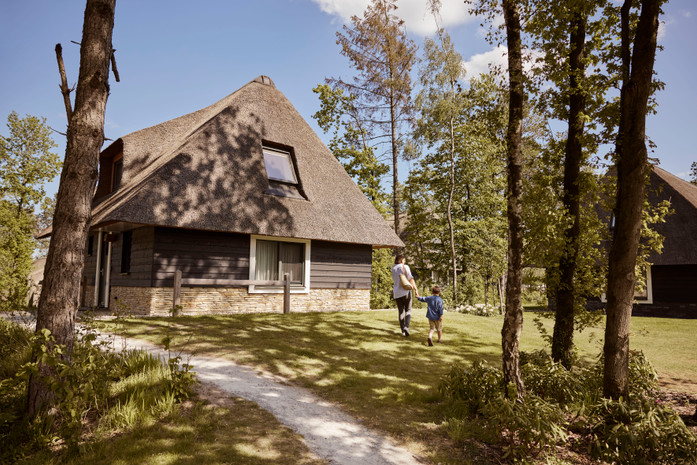Financing recreational real estate
Financing recreational real estate: what are your options?
Whether you want to buy a vacation home or develop an entire park, proper financing makes all the difference
Market is growing, but financing remains challenging
Recreational real estate is popular. Whether it's cozy vacation homes or complete group accommodations, demand continues to grow. At the same time, financing recreational real estate is often less obvious than for regular homes.
Why? Because this market is less predictable. Think seasonal rentals, fluctuations in value and restrictions on permanent occupancy. Still, there are certainly opportunities if you are well prepared.
Which financing fits your situation?
The method of financing depends on your role. Are you a private individual or a developer? Below you can see what the options are.
1. You buy a recreational home as an individual
Want to buy a vacation home for your own use or rental? Then you usually can't get a standard mortgage. Fortunately, there are banks that offer specific mortgages for recreational homes. However, you must take into account a number of conditions:
- You often need a higher equity stake, sometimes 30 to 50 percent of the purchase price
- The term of the loan is usually shorter, often between 10 and 20 years
- Interest rates are higher than regular mortgages
- Not all banks offer these mortgages, so choice is more limited
Also note additional conditions. Some providers require that the property not be permanently occupied or be rented only through a recognized organization.
2. You develop or expand a recreation project
Are you planning to build or expand a vacation park? Then you are dealing with project financing. This is a bit more complex and requires a well thought out plan. Banks or investors look at, among other things:
- The location and appeal of the area
- The operating plan, including rental strategy and expected occupancy
- Whether you have the proper permits in place
- How much you put into the project yourself
- The return expectation and payback period
In practice, you often put together financing from multiple sources. Consider a business loan, equity, and possibly alternative forms such as crowdfunding or private investors.
Are you going to build sustainably? Then you are more likely
Many financiers now value sustainability. Are you developing an energy-efficient park, working with circular materials or lowering your ecological impact? Then you stand a chance at additional opportunities such as:
- Green loans with interest discounts
- Grants for sustainable construction or energy conservation
- Customized financing through investors who care about sustainability
This not only makes your project more attractive to funders, but also to guests who are increasingly consciously choosing sustainable vacations.
Being well prepared is really half the battle
Whether you dream of a second home or want to develop a new recreational park, get good advice and work out your plan clearly. Take into account stricter conditions, think in scenarios and look beyond traditional banks.
With the right preparation and a network of committed partners, you can achieve much more than you might think.


